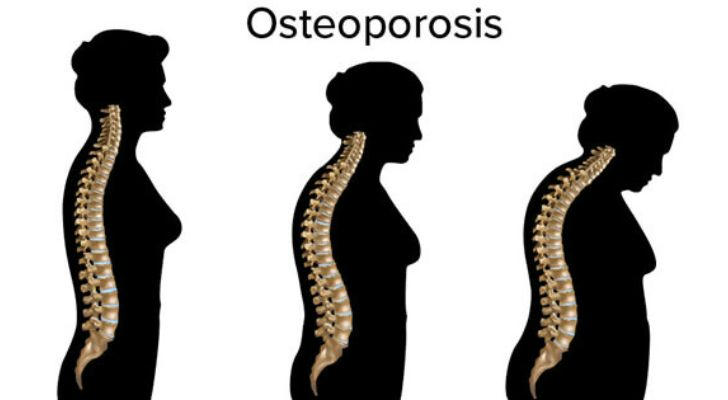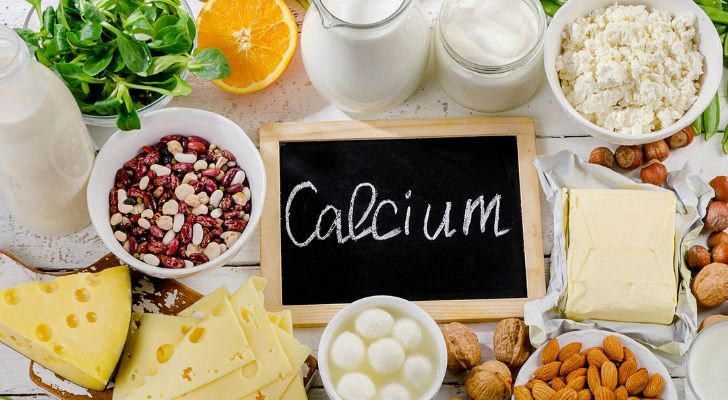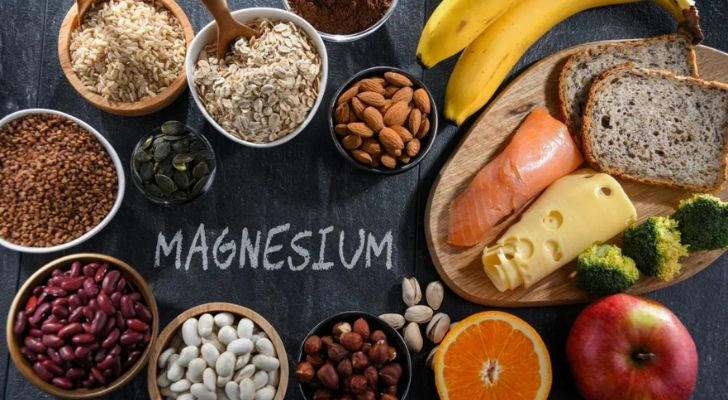Preventing Osteoporosis: Daily Habits for Stronger Bones
Osteoporosis is a silent disease that weakens bones, making them fragile and more prone to fractures. Millions of people worldwide, especially older adults, are affected. The good news? Simple daily habits can help maintain bone strength and reduce the risk of osteoporosis.

Understanding Bone Loss
Bones are living tissues that constantly break down and rebuild. However, after the age of 30, bone mass naturally declines. According to the National Osteoporosis Foundation, about 50% of women and 25% of men over 50 will break a bone due to osteoporosis. Maintaining bone density through lifestyle choices is key to avoiding fractures and mobility issues.
The Real Cost of Osteoporosis
Fractures caused by osteoporosis can have serious consequences. Hip fractures, in particular, are linked to long-term disability, with nearly 20% of older adults dying within a year due to complications. Additionally, medical costs related to osteoporosis exceed $19 billion annually in the U.S. alone. Taking preventive steps today can help avoid these risks.
Essential Daily Habits for Strong Bones
1. Boost Calcium and Vitamin D Intake 🥛☀️
Calcium is the foundation of bone health, while vitamin D helps the body absorb it effectively. Without these nutrients, bones become weak over time.

Calcium Needs: Adults over 50 need 1,200 mg of calcium daily.
Best Sources: Dairy products, leafy greens, almonds, and fortified foods.
Vitamin D Needs: 600-800 IU per day (or more, depending on individual needs).
Best Sources: Sunlight, fatty fish, egg yolks, and supplements if necessary.
2. Engage in Weight-Bearing and Resistance Exercises 🏋️♀️
Exercise isn’t just for muscles—it keeps bones strong, too! Studies show that weight-bearing activities increase bone density and slow bone loss.
- Best Exercises: Walking, jogging, dancing, and stair climbing.

Strength Training: Lifting weights or using resistance bands strengthens bones and improves balance, reducing fall risk.
Consistency is Key: Aim for at least 30 minutes of exercise most days of the week.
3. Consume Bone-Strengthening Nutrients Beyond Calcium 🥑🍊
While calcium and vitamin D get the most attention, other nutrients also play a vital role in bone health.
- Magnesium: Found in nuts, seeds, and whole grains, it supports bone formation.

Vitamin K: Crucial for bone mineralization, found in leafy greens like kale and spinach.
Protein: Necessary for bone repair, best sourced from lean meats, beans, and dairy.
Omega-3 Fatty Acids: Found in fish and flaxseeds, they help reduce bone loss.
4. Cut Down on Bone-Weakening Habits 🚫
Some lifestyle choices accelerate bone loss and should be minimized:
Excessive Salt & Caffeine: Too much sodium and caffeine can cause calcium loss in urine.
Smoking: Linked to lower bone density and higher fracture risk.
Excess Alcohol: Heavy drinking weakens bones and increases fall risk.

5. Improve Balance and Prevent Falls 🏡
Falls are a major cause of fractures in older adults. Strengthening balance and making homes safer can help prevent accidents.
- Balance Training: Yoga and tai chi improve stability.

Home Safety: Secure rugs, improve lighting, and install grab bars in bathrooms.
Proper Footwear: Supportive shoes reduce slip risks.
Vision Checkups: Poor vision can increase the likelihood of falls, so regular eye exams are important.
6. Get Regular Bone Density Tests 📊
A DEXA scan measures bone mineral density and helps assess fracture risk. Adults over 65 (or younger with risk factors) should talk to a doctor about screening.
7. Maintain a Healthy Weight ⚖️
Being underweight increases osteoporosis risk, while excess weight can add strain to bones and joints. A balanced diet and regular exercise can help maintain a healthy weight.
8. Hydration Matters 💧
Water plays a crucial role in bone health. Dehydration can reduce the efficiency of bone-forming cells and increase the risk of falls.
- Hydration Tips: Aim for 8-10 glasses of water daily.

- Avoid Sugary Drinks: Sodas and sugary beverages have been linked to lower bone mineral density.
9. Manage Stress for Bone Health 🧘♀️
Chronic stress increases cortisol levels, which can contribute to bone loss over time. Practicing relaxation techniques can help maintain bone strength.
Best Methods: Meditation, deep breathing, and spending time outdoors.
Sleep Importance: Poor sleep quality is linked to lower bone density, so aim for 7-9 hours per night.
The Takeaway
Osteoporosis prevention starts with simple, consistent habits. Prioritizing nutrition, exercise, and healthy lifestyle choices can keep bones strong for years to come. The best time to take action is now—small changes today can lead to a future of greater mobility and independence. Start now—your bones will thank you!
